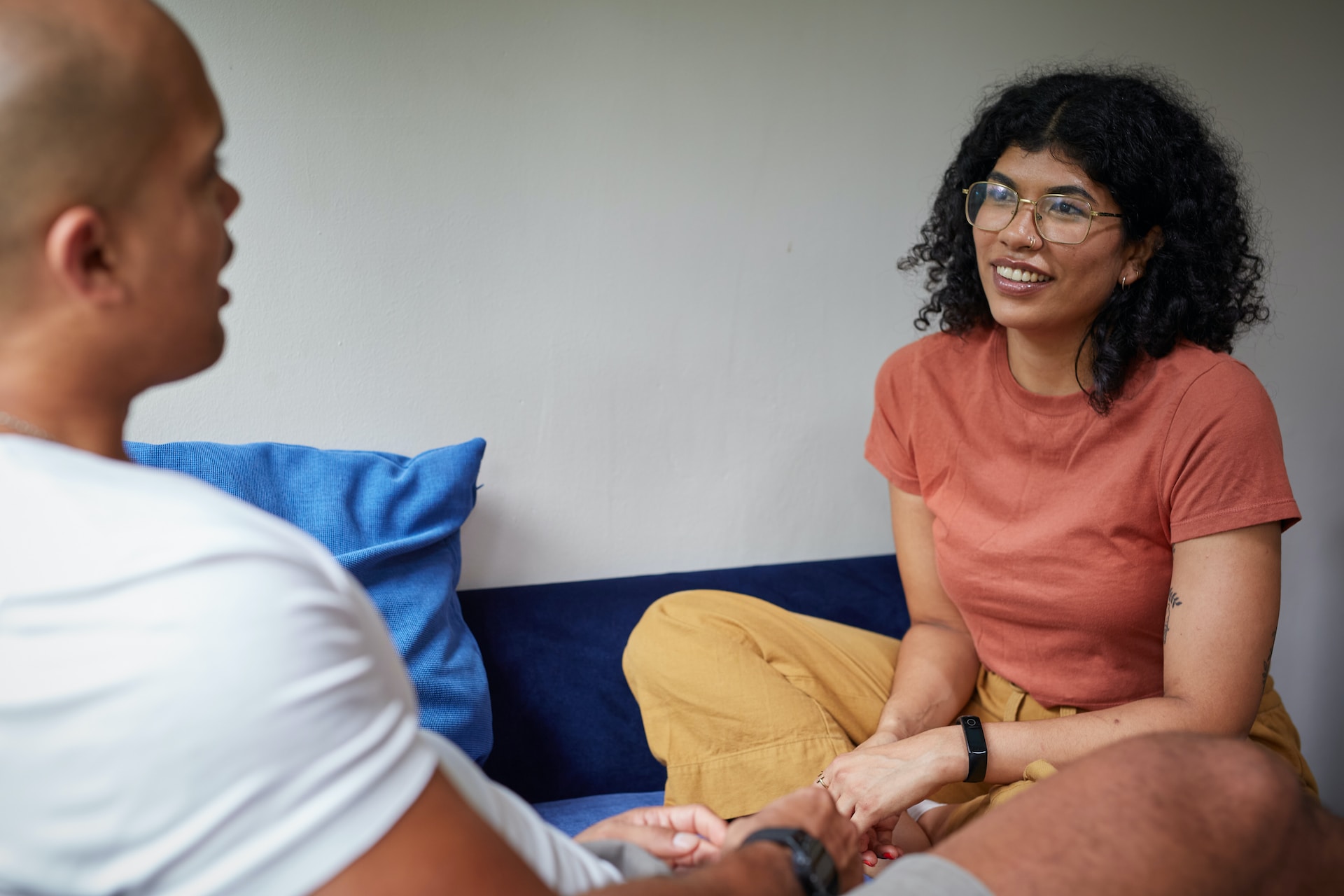College Relationships 101: Building Connections

By Kelly Burch
College websites and promotional materials make life on campus look like a constant blast: students living with their friends, eating with them, going to class together, and having fun on the weekends. And meeting new people and making friends in college is one of the best parts about it. But that doesn’t make it easy or fast. Despite being surrounded by peers, nearly two out of three college students say they have felt “very lonely” during the past year. If you have felt lonely on campus, here is a guide to making connections and friends on campus.
Loneliness Isn’t the Same as Being Alone
Loneliness is a feeling of sadness or isolation. And it’s possible to feel lonely or disconnected even when you’re surrounded by other people. When that happens, you might feel frustrated with other people or blame yourself. You might wonder why you can’t build friendships when people are right in front of you.
On the other hand, it’s possible to be physically alone, in a new town or apartment, but not struggle with loneliness because being alone is not the same to you as loneliness, and you find that being by yourself is comforting and restorative when you need it.
Connection Takes Work and Time
Lots of people make lifelong friends in college. That’s because you’re sharing a common experience with other students. It’s easier to bond, since you’re at the same life stage.
And yet, that bonding isn’t automatic. Some lucky people might become best friends with their roommate or a student they sat with on the first day of class. But those are exceptions, not the rule. It’s more likely that finding close connections will take time, and maybe some trial and error along the way. It’s entirely normal if you’re still not sure whom to sit with after the first week of school, or leave for winter break feeling like you hardly know anyone. You are far from the only one feeling this way.
Put Yourself Out There
To build connections, it helps to open yourself up to new people and environments. Try joining a club, volunteering for a campus cause that you’re passionate about, or suggesting meeting socially with people at your campus job or from class.
This sounds simple, but it’s not always easy. Talking to a stranger can feel vulnerable, awkward, or cringy. But it gets easier with time. Challenge yourself by setting goals—like talking to one new person each day, or attending a campus event every week. And find comfort in the fact that there’s a really good chance the people you reach out to are looking for connection too.
Check out these other tips about making new friends on campus
Value Small Connections
Having even one close friendship—a person you can talk with about anything—improves your emotional, mental, and even physical health. And yet, research shows that minor relationships are important too.
Researchers call these “weak ties.” They’re people who are familiar faces, but not friends: someone you sit next to in chem class, or that person who works out at the same time as you. Having small interactions with these people can boost your mood and reduce your risk of depression. So, try complimenting someone’s gym outfit, or even just give a friendly smile next time you come into class.
Know What Connections You Want
If you’re a shy or introverted person, you may not need as many connections as someone who’s an extrovert. That’s OK—you know what you need to feel mentally healthy. After all, being alone has benefits too!
Reach Out for Help if You Need it
Loneliness can increase risk of depression and other mental health concerns. Reach out to a trusted adult or your campus counseling service if loneliness feels unmanageable or starts to impact your mental health. Even when it feels that way, you’re never alone.
Learn more about finding mental health support on campus, off campus or on your own
If you would like immediate support, make use of these resources staffed by people ready to help you:
- Text HOME to 741-741 for a confidential conversation with a trained counselor at any time of day.
- Reach out to Teen Line, an anonymous, nonjudgmental space for youth. Call 800-852-8336, from 6 p.m. to 10 p.m. PST each night. You can also text TEEN to 839-863.
- Text START to 678-678 or call 866-488-7386 to reach The Trevor Project, which specializes in supporting LGBTQIA+ youth.
If you find yourself—or someone else—in need of immediate help, text or call the Suicide and Crisis Lifeline at 988 or use the chat function. If there is an immediate possibility of harm, call campus security and 911 and explain that you need help for a mental health crisis.







